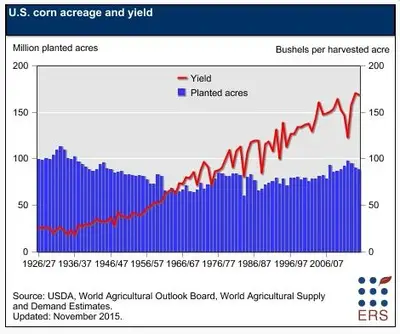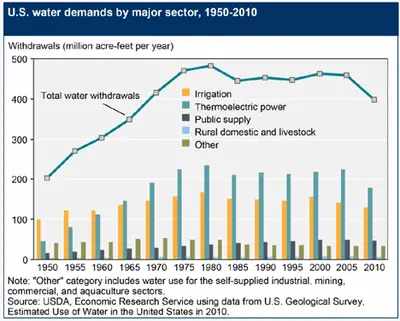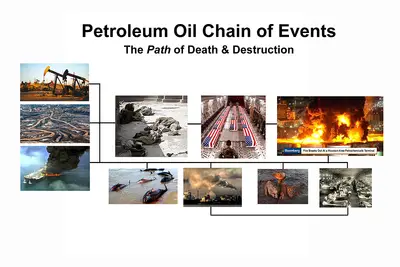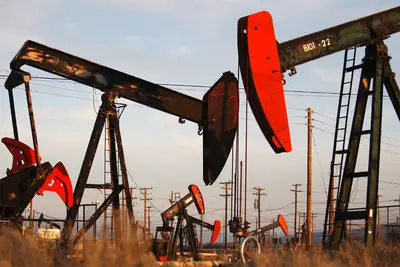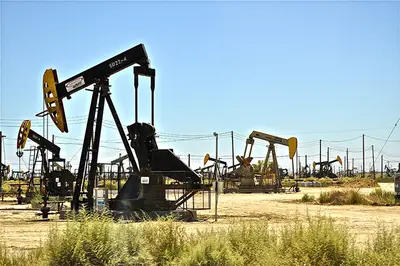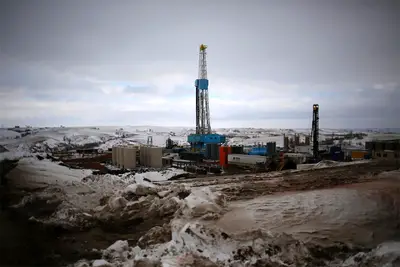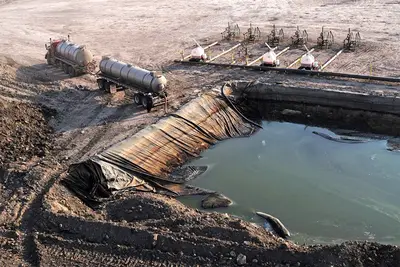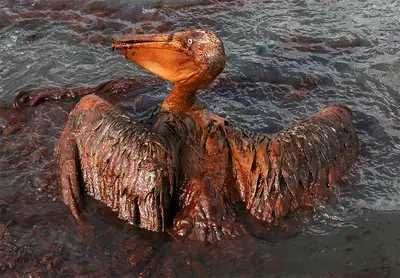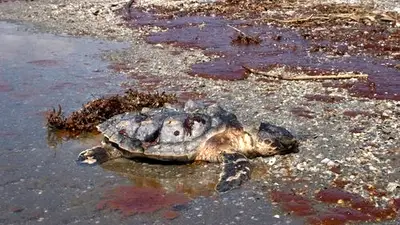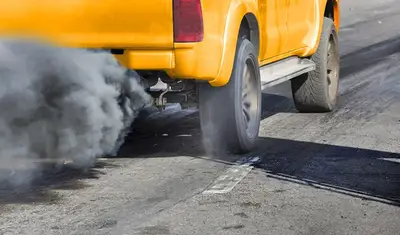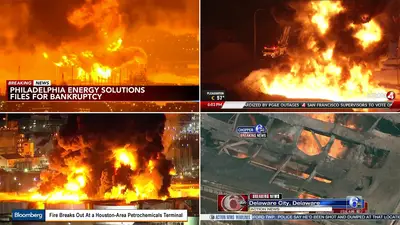Open Letter to William T. Alpert on His Fraudulent Anti-Ethanol Article
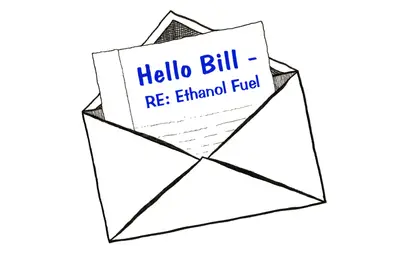 |
Another professor who should be embarrassed by his academic incompetence
 Marc Rauch |
Author of THE ETHANOL PAPERS
Exec. Vice President/Co-Publisher
THE AUTO CHANNEL
Hi Bill -
I just read the recent unfortunate article you posted on InsideSources.com titled "The Ethanol Fraud.". I call it unfortunate because I presume that by couching your attack on ethanol fuel behind your credentials as a university professor, and founder of a "philanthropic management company" that you take some pride in those vocational positions. Therefore, it's a shame that you would be willing to risk your reputation and legacy on publishing such a false and rather ignorant article on a subject that you obviously have little or no knowledge of.
 William T. Alpert |
Getting back to your article, I'm not saying that you outright plagiarized Bud's October 2019 article, but it is very similar in nature and tone. Heck, even the same masthead photo is used on both your article and Bud's article. You might also be interested to know that Bud's 2019 article on InsideSources.com is basically a republication of an article he had published on the Daily Caller website in June 2018. At that time the article was titled "LETS GET RID OF THE ETHANOL MANDATE, NOT REFORM IT," and Bud mentioned me in the article. Even more interesting is that this 2018 article was just a newer iteration of Bud's 2016 article I mentioned in the paragraph above.
In other words, one way or another, your unfortunate article of last week is nothing more than the same false bovine manure that is part of the oil industry's usual repertoire of lies and misinformation about ethanol fuel. By accepting whatever money you did for attaching your name and credentials to the lies will ultimately do you no favor (unless it was so much money that you and your immediate family will never have to work again).
But, let me get off this morose stuff, and get on to the good stuff: Rebuking the crap you wrote about.
You begin your attack on ethanol fuel by writing:
-
"America’s ethanol scam is responsible for the malnourishment of millions of people, higher energy costs and substantial resource misallocations."
This is an entirely false statement. It is also a stupid statement for you to make because you have no sources or citations to back it up, as evidenced by the fact that you provide no links or references. Since you don't appear to have the academic or literary credentials to personally corroborate these charges, I think it's tantamount to an absolute outright lie.
In response to the charges, I'll briefly explain the reason for using ethanol in internal combustion engine fuels. High compression engines running on ethanol-free gasoline suffer from a condition commonly called engine knock. This is a premature detonation of the gasoline fumes caused by the heat in the cylinders, by comparison to the regularly timed sparks emitted by spark plugs.
The premature detonation is an explosion that abruptly interrupts the normal cycle of pistons moving up and down. The up and down motion of the piston turns the crankshaft. When this happens, the vehicle stops and starts in an irregular stuttering fashion, which causes the vehicle to lose speed and power. Obviously, the shaking makes for an uncomfortable ride for any passengers. In addition, when acceleration is demanded, such as in passing or entering a highway, this loss of critical momentum can create a dangerous situation for the vehicle experiencing the knocking difficulty, as well as for the other vehicles in the merge lane or adjacent lanes. The knocking also violently shakes the engine along with various engine components in a manner not designed. Over time, the engine and the components can break apart or come loose, which would clearly exacerbate any interruption of the smooth forward motion of the vehicle. It could also require expensive road-service or shop repair.
The original solution to this problem was to add ethanol to the gasoline as an "oxygenate." Ethanol contains higher octane than any standard gasolines, and it eliminates premature detonation. All of the top automobile scientists and engine designers favored the use of ethanol. However, because of financial reasons, General Motors changed their minds and decided to use tetraethyl lead (TEL) as the anti-knock additive. This formula became known as leaded-gasoline. The problem with TEL is that it's highly poisonous. Getting TEL on your skin or briefly breathing the fumes can cause mental illness and death. For this reason, TEL became known as "looney gas." Several people working at the Dupont factories that produced TEL did indeed become very ill, and some died. Ethanol, on the other hand, is not poisonous to the touch - people regularly use ethanol (ethyl-alcohol) to rub on their bodies, and moderate inhaling of ethanol fumes will not cause mental illness or death. Natural ethanol is the alcohol used in alcoholic beverages and food ingredients.
Eventually, the public and health officials had enough of the damage caused to humans by TEL, and its use was significantly banned in America and other parts of the world, although not entirely. The replacement for TEL was another oil industry choice Methyl tertiary-butyl ether (MTBE). MTBE was found to also be poisonous to humans, and it passed into drinking water supplies. When MTBE was banned another solution was needed. Only two choices existed, the increased use of "aromatics," which consists of poisonous substances including benzene, toluene, and xylene; or ethanol. Ethanol was less expensive, safer, and healthier to use, and so the oil industry chose to use ethanol. The government did not choose ethanol, the oil industry chose to use it. The government merely mandated the use of a renewable fuel, not what that fuel had to be."
Although you may know some or all of this, Bill, I included the information, because your article like most of the anti-ethanol screeds I come across tries to hide any legitimate reason for why ethanol should be used as an additive to gasoline, or as a stand-alone engine fuel.
America could have saved the lives of millions of humans and animals the world over if they banned the use of leaded gasoline in the 1920s and allowed the use of ethanol fuel as was favored by top scientists and automakers of the time. The following is a link to a thesis that energy expert Robert L. Bradley, Jr. asked me to write for him six years ago:
Sadly, due to greed (not good old free market capitalism) and political bribery, leaded gasoline was allowed to become America's primary engine fuel. The devastating result of using leaded gasoline is partially
captured in the following story:
Regarding your claim about the malnourishment of millions of people, if you're talking about the use of corn for fuel and how it impacts Americans, there's absolutely no evidence to support the claim. Actually, all you have to do is review our country's obesity crisis, as well as the plethora of corn-related food products readily available at all grocery stores, convenience stores, vending machines, movie theaters, and many street-side vendors.
If you're referring to people outside of the United States (in your exalted role as the founder of a philanthropic management company), what does America's use of corn for ethanol fuel have to do with them? In the years since the enactment of RFS, America's agricultural community has been able to substantially increase the yield of corn crops using as little as - or less - land, water, and fertilizer than before RFS. Some ethanol bashers like you like to sound an alarm that a full 40% of all corn crops in the U.S. are used to make ethanol fuel. You've got it all wrong, it's because of innovations brought on by having a successful corn ethanol market (which could be much more successful if you guys stopped lying about ethanol) that it is more realistic to say that along with being able to supply the corn we use for engine fuel, our farmers are also able to produce almost fours times that amount of corn to be used for food. It is because of this surplus, that America can and does supply corn around the world, often for free.
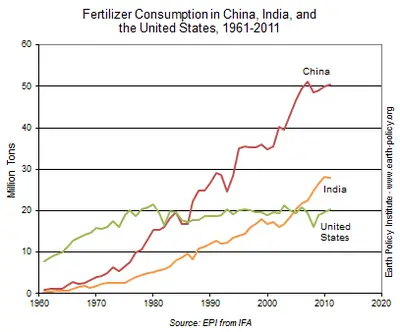 |
Moreover, in the absurd accusation that America's AG and ethanol industries are responsible for malnourishment around the world, then you clearly and ignorantly don't know that the innovative techniques used here to dramatically increase corn production are being used around the world. Or maybe you just don't want to acknowledge the efforts by our AG and ethanol communities to aid farmers in other countries.
 Ethanol bashers are today's village idiots |
For you not to know these things about corn, Bill, shame on you, What kind of philanthropist are you?
Incidentally, I didn't even bring up the fact that the high-protein remnants of the corn kernels used to make ethanol fuel are then fed to animals that humans eat, which adds to the amount of food that's available. Why don't you know this?
One more thing about this malnutrition thing, if American farmers were to stop producing corn for ethanol, and instead only grew the corn for food, who would pay for it? Among the list of your grievances is the over-hyped concern about government subsidies paid to the AG community. If you don't like subsidies, which many people don't, why would subsidizing American farmers to grow corn suddenly be okay? (You didn't think this out very well, did you?)
If you're still not convinced about who is responsible for causing hunger and malnutrition in third world countries, read the article that your website, InsideSources.com, published on
Monday, August 1st:
"Energy Hypocrisy as Rich Countries Denying the Poor the Power to Develop.".
It sure ain't the ethanol industry!
Regarding higher energy costs, ethanol used for fuel lowers the price of engine fuels, it doesn't increase the prices. What kind of lousy economist are you? Why don't you know this either?
Ethanol lowers the price of gasolines two ways: First, the wholesale price of ethanol is significantly lower than the wholesale price of gasoline. When you average out two or more items that are then combined, and the price of one is less than the other, then the combined average price is lower. This is simple mathematics. I understand that you were not a professor of mathematics, but you should still understand the concept of averages. The only way for the combined price of an ethanol-gasoline blend to be higher than the price of gasoline alone would be if the oil industry was trying to penalize everyone for making them add something to the gasoline that was not another poisonous petroleum oil by-product. Of course, this would not be out of character for the oil industry as it generally looks to hurt consumers in anyway they can, but it doesn't seem like they have resorted to this yet.
The other way that the lower cost of ethanol reduces the price of gasoline is because it represents a viable alternative to gasoline. This is called "competition," and I'm sure this is something you should have heard about as an Economics Professor. For about half a century, the oil industry was able to rely on the usurious federal tax on alcohol production to protect itself from ethanol competition, then an oil industry-induced National Prohibition of alcohol kept the competition at bay. And then a general malaise caused by years of oil industry lies and a vast marketing war-chest kept the public from demanding ethanol (the superior fuel). When you then combine all of this with the growing knowledge that anyone, anywhere, could make their own ethanol fuel - if they had to - keeps the oil industry from unjustifiably raising the price of ethanol-gasoline blends higher than ethanol-free gasoline.
Regarding your claim of substantial resource allocations to make ethanol, I already addressed this in the graphs shown above.
As for the overall claim that ethanol (corn ethanol or other ethanol from any other crop) is not environmentally responsible, I have to ask if you're suffering from any age-related mental issues? There is nothing more environmentally irresponsible than the entire oil industry and their products. Every major war in the last 108 years is related to petroleum oil. There have been dozens of environmental accidents over the years that have destroyed waterways, beaches, and killed untold millions of wildlife. And the land affected by oil drilling and mining is far, far more disastrous than anything that could be used against ethanol. Here's the photographic proof:
 |
 |
Regarding your delusional claim that the ethanol "scam began with the bipartisan passage of the Open Fuel Standard Act of 2011," I already answered this above. The reason for turning to ethanol fuel (turning back to ethanol fuel as it happens), was because Congress finally pulled it's collective head out of its rear-end long enough to acknowledge how poisonous leaded gasoline is. And when the oil industry failed to find a suitable, affordable alternative to tetraethyl lead, they - the oil industry - eventually agreed on the use of ethanol. The scam is the oil industry trying to push the ethanol-genie back in the bottle by using people like you to lie about ethanol. The oil industry uses suckers like you the way that the tobacco industry used unscrupulous doctors to tell the public that tobacco smoking was not harmful. Again, Bill...SHAME ON YOU!
Then you quote David Frum and his article at TheAtlantic.com. Why? If you thought that anything he says about ethanol means anything, why didn't you research the points for yourself? Frum was a hack speechwriter for a hack president. Yes, I voted for George W. Bush, for his second term. But it wasn't because of anything that Frum wrote, then or now. He knows less than you know about ethanol fuel, and you know nothing. You're the "professor," why didn't you do any homework for yourself? Why aren't you critical of Frum's reporting on ethanol fuel, he has no credentials in this area. Would you have allowed your students to get away with this?
Frum talks about "all kinds of ethanol grants and subsidies." What ethanol subsidies? There are none. The last ethanol subsidy expired more than a decade ago, and it wasn't an "ethanol industry" subsidy, it was a subsidy that went to the oil industry, the oil blenders, because they were worried that they might lose too much profit from having to help clean the environment and save peoples' lives.
Which grants are Frum talking about? He didn't say, he didn't cite any resources, and because you did no research yourself you didn't add any value to his article. What's the matter with you! (I'm not even using a question mark at this point when I ask these questions, just an exclamation point because your shocking lack of knowledge makes the questions rhetorical.)
Frum vilifies POET, America’s largest ethanol company because their annual revenue for 2019 was $8 billion. Yes, $8B annual revenue would be an enormous amount of money for me and my company (The Auto Channel), and it might be a lot of revenue for you and your philanthropy business, but what does $8B in revenue mean in the energy industry? In 2019, Exxon/Mobil had a revenue of almost $265 billion, with a profit of almost $54B. This means that POET's revenues were just 3% of Exxon/Mobil's revenues, and POET is America’s largest ethanol company, Frum was so anxious to report. Exxon/Mobil's profit alone was close to seven times greater than POET's gross revenue.
Incidentally, revenue aside, do you know what the best big difference is between POET and Exxon/Mobil? POET's products haven't killed millions of people. The products produced by POET and other ethanol producers haven't started any wars. They haven't caused any environmental disasters or earthquakes.
In fact, as of the date of my writing this, it has now been 17,796 consecutive days since the October 1973 oil crisis in which not one American Soldier, Sailor, Marine, Airman, or Coast Guardsman has been killed defending domestic or foreign ethanol production. The same is true for the militaries of every other country that makes significant use of ethanol fuel (that I can think of). Meanwhile, America's defense budget to protect the Middle East oil industry is many times greater than what it costs to buy their oil. Watch this video, if you have the courage:
Furthermore, the CNN text story that Frum derived his POET revenue information from told the story of how Jeff Broin's (POET's CEO) family was able to save their 130-year-old corn farm by getting involved with ethanol fuel. CNN presents the story of POET in a positive light, unlike Frum's portrayal. It is a positive story, it's a classic American success story. This same CNN story also delves into some of POET's global involvements, such as their "SEEDS OF CHANGE" program in Africa. This one venture alone blows apart your moronic assertion that the ethanol fuel industry is responsible for the malnourishment of millions.
And, this is just one example of how the American "ethanol" industry is helping millions and millions of people around the world to exist, survive, and thrive. There are dozens of other stories like this. Although not as well known, efforts and innovations from smaller companies like Tom Quinn's E-FUEL Corporation, David Blume's Permaculture and Distillery Programs, and Doron Shmueli's MayMaan Research have impactful philanthropic global outreach that can, and do better the lives of millions. Of course, this is true for virtually all the ethanol advocacy organizations and State corn growers associations. Painting American ethanol companies with the same brush that can only be reserved for petroleum oil companies is laughable and so very ignorant.
Going back to the subsidies issue, if this is a big deal why not attack the gasoline industry, an industry that has continuously benefitted from government subsidies (some of their subsidies go back 100 years) and they're in addition to the already mentioned humongous military defense expense of the oil industry?
Lastly, why on Earth would you include a mention of the Tyler Lark, et al., farce. It was nothing more than a rehashing of the David Pimentel/Tad Patzek scam studies from two decades ago. I have totally debunked it, Renewable Fuel Association has debunked it, and Argonne National Laboratory kicked the heck out of it.
Here's some rebuttal documents:
• SLAM! Shutting the File on the Tyler Lark Anti-Ethanol Study.
• RFA Rebuttal To The Lark Et Al. Report
• Argonne National Laboratory Assessment of Tyler, Lark, et al..
 |



